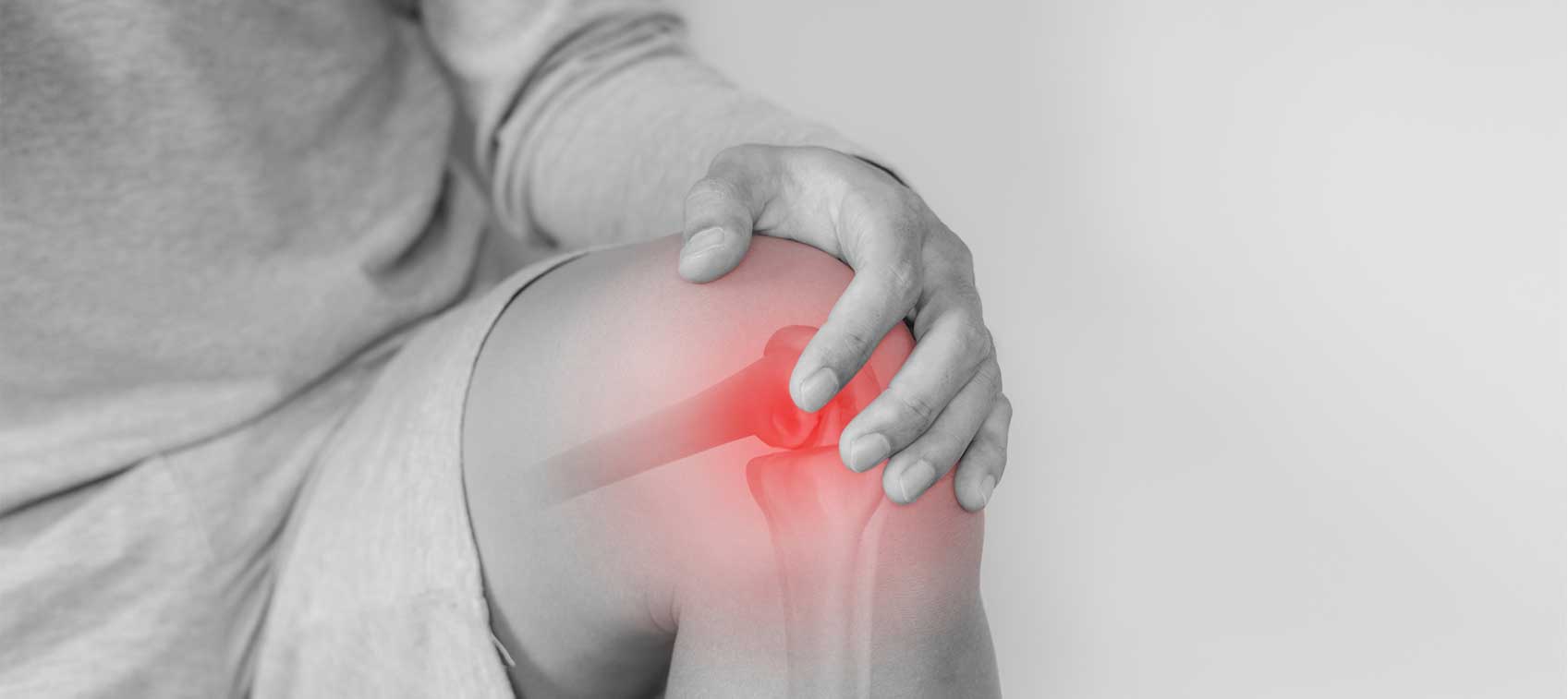
As we get older, one of the more important aspects of living the fullest life possible is being able to maintain physical independence. In the majority of cases, it seems mobility is the key factor that determines one’s degree of independence.
Being able to move about with as little pain and physical limitation as possible allows us to engage not only in essential everyday activities, but also ones that bring joy. Gradually losing mobility can quickly make once simple acts, like taking a shower or doing household chores, very difficult, if not impossible. And it can prevent us from enjoying the outdoors, exercising, and traveling.
Most mobility problems stem from joint surfaces that begin to deteriorate over time, leading to pain. Searching for natural solutions that can help us maintain pain-free mobility for as long as possible has been a burning passion of mine for decades. And since I’m getting older like everyone else, this passion has never been stronger.
For this reason, I have continued to travel the world and scrutinize hundreds of studies each year searching for the latest tools, trends, and compounds we can use to protect and restore function in aging joints.
One of these amazing compounds is palmitoylethanolamide (PEA).
What Is PEA?
Although it may sound like an exotic chemical, PEA is actually a natural compound the body produces from a very common saturated fatty acid in our diet called palmitic acid.
PEA was first identified in the 1950s. Over the past few decades, there have been numerous studies demonstrating both its safety and efficacy in helping to relieve pain and inflammation in joints.
It’s been my experience that certain PEA products tend to work better than others. A supplement called Levagen is the most effective one I’ve found.
How Does PEA/Levagen Work?
PEA has been shown to function through numerous channels. Some are quite complicated and still being studied but, simplified:
- PEA protects endogenous cannabinoids from degradation. Cannabinoids not only protect nerves, but also have analgesic (pain relieving) and anti-inflammatory properties. By now you’ve probably heard a lot about CBD, the non-psychoactive component in hemp and cannabis plants. CBD can also help with pain by influencing certain cell receptors. PEA is very unique in that it achieves these goals without the use of hemp or marijuana byproducts, and no potential psychoactive side effects.
- PEA can help improve sleep by producing a calming effect and increasing the beneficial REM sleep period. It has also been shown to reduce disturbances, increase overall sleep time, and restore normal circadian rhythm.
- PEA decreases inflammation numerous ways:
- It has an effect on cell receptors associated with pain;
- It inhibits the enzyme COX-2, which speeds up the production of prostaglandins (chemical messengers) that promote inflammation;
- It activates another receptor, PPAR alpha, that boosts energy production and fat burning, and reduces inflammation;
- It inhibits microglia cells that accumulate at areas of nerve damage and inflammation;
- It calms down pro-inflammatory mast cells that often lead to hypersensitivity and allergic reactions;
- It reduces the production of various pro-inflammatory compounds like TNF-a.
PEA/Levagen Benefits for Joints and Pain Relief
Several studies have focused on the beneficial effects of PEA on osteoarthritic joints. Osteoarthritis is the “wear and tear” arthritis that becomes the limiting factor for some many people as we age.
PEA has been clinically studied in osteoarthritis and pain originating in the knee, jaw joint (TMJ), neck, pelvis, lower back, and other areas. It has been shown to significantly reduce pain, stiffness, and inflammation in damaged or injured joints and muscles. In many cases, PEA was more effective than pain medications and patients no longer needed any medication.
Additionally, PEA has been shown alleviate chronic pain associated with peripheral neuropathy, a condition often experienced by people who have diabetes.
Levagen Supplements
Foods naturally highest in PEA include egg yolk, peanuts, soy lecithin, and alfalfa. However, with the exception of possibly egg yolks, adding more of these foods into your diet probably won’t raise your PEA levels significantly. This is because your body typically only produces PEA when it is attempting to compensate for inflammation or pain, and levels tend to fluctuate throughout the day. Unfortunately, exercise-induced inflammation and aging both decrease PEA levels.
For these reasons, PEA supplementation is the best way to increase levels.
I recommend a Levagen dosage of at least 300 mg. Don’t expect results overnight, but in a matter of a couple weeks you should start experiencing noticeable improvement.
Levagen supplements are safe, and since PEA is a compound the body naturally makes, you won’t build up a tolerance to it, which allows it to continually be effective.
In closing, joint pain and inflammation are two obstacles that keep people from moving their joints through their full range of motion every day. And maintaining mobility is the key to staying independent as we age. Levagen supplements are definitely another essential “tool” that I highly recommend trying to help protect and preserve joints so that you can stay as mobile and pain free as possible.


